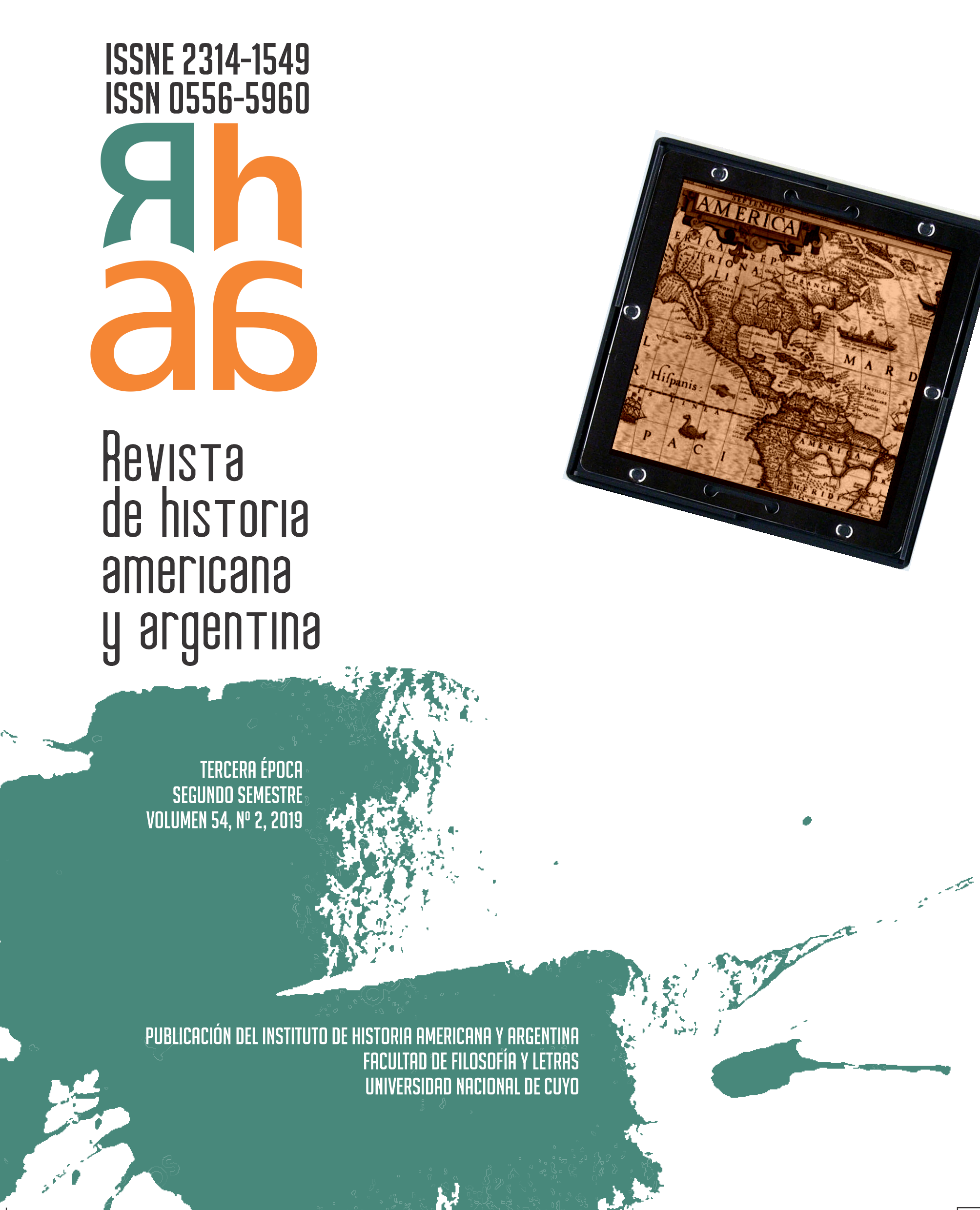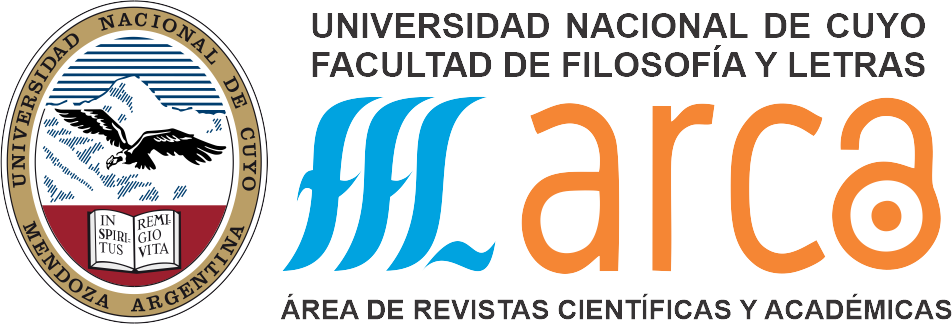Democracy, order and legality
The emergence of a conservative and right-wing batllismo in the "Happy Uruguay" of the early fifties
Keywords:
Cold War; batllism; liberalism; conservatism; republicanismAbstract
The article addresses the political trajectory and evolution of the ideas of a partisan political sector, the catorcista or pachequista batllismo, which constituted, in the period between the postwar period and the fifties, one of the expressions of the field of the rights in the Uruguayan political scene. His story is interesting for the purposes of dialogue with other regional processes for several reasons: firstly because its members come from an ideological tradition of strong republican and reformist imprint, whose origins refer to the cycle of changes that occurred in Uruguay during the first decades of the twentieth century; secondly, because the emergence of this aspect coexists with a new reformist cycle led by another current of Batllismo that sought to restore the progressive matrix of the beginning of the century; finally, because the turn in the positions of the sector takes place in a climate of time - marked by the irruption of the Cold War - that justified the conservative revision of ideas about democracy by various parties of liberal profile and even reformist in Latin America.
Downloads
Published
How to Cite
Issue
Section
License
Quienes envíen trabajos a la Revista de Historia Americana y Argentina, que edita el Instituto de igual nombre de la Facultad de Filosofía y Letras de la Universidad Nacional de Cuyo (Mendoza, Argentina), otorgan automáticamente licencia no exclusiva y sin límite temporal de su manuscrito a dicha publicación. En consecuencia, como la distribución de la citada Revista no tiene finalidad lucrativa sino académica, el autor (los autores) autoriza(n) a la misma la difusión gratuita en formato impreso y medios electrónicos, tanto en red local como por vía internet.
Se establece que:
- Los/as autores/as conservarán sus derechos de autor y garantizarán a la revista el derecho de primera publicación de su obra.
- Los/as autores/as deben adherir a la la Licencia Creative Commons Atribución-NoComercial-CompartirIgual 4.0 Internacional, mediante la cual el autor permite copiar, reproducir, distribuir, comunicar públicamente la obra sin propósitos comerciales, por cualquier medio o formato. También, se pueden generar nuevas obras derivadas, siempre y cuando se cite y reconozca al autor original y su primera publicación en esta revista.
- Los/as autores/as podrán adoptar otros acuerdos de licencia no exclusiva de distribución de la versión de la obra publicada (p. ej.: depositarla en un archivo telemático institucional o publicarla en un volumen monográfico) siempre que se indique la publicación inicial en esta revista.
- Se permite y recomienda a los/as autores/as difundir su obra a través de Internet (p. ej.: en archivos telemáticos institucionales o en su página web) luego de su publicación, lo cual puede producir intercambios interesantes y aumentar las citas de la obra publicada. (Véase El efecto del acceso abierto).



























